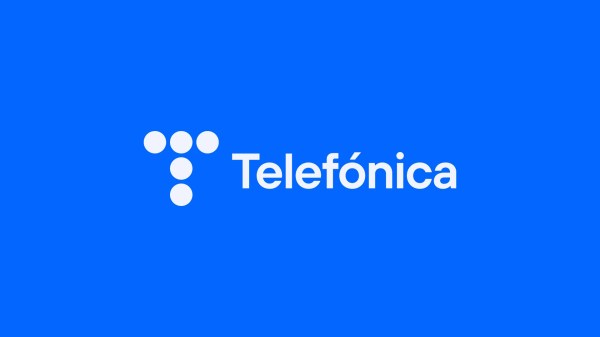Telefónica was one of the first companies in the world to have ethical artificial intelligence principles designed to ensure a positive impact on society. These principles include a commitment to design, develop and use AI responsibly, in a people-centric, fair and inclusive manner, respecting transparency, privacy and security, across the entire value chain.
The AI Principles, which we defined and published for the first time in 2018, are the code of ethics that have guided us in designing, developing and implementing commercial products and services, as well as internal business processes that incorporate AI. As a result of the experience we have gained, as well as the changing technology and regulatory landscape, we have decided that it is time to update them, so as to be able to adapt to the new challenges and opportunities that this technology poses in both the business and social spheres.
Why are we updating our AI principles?
A number of factors have prompted us to explore the need to expand upon these principles. These include the degree of awareness achieved internally after the implementation of the principles and the introduction of a responsible AI governance model throughout the Telefónica Group, the current technological landscape with the advent of generative AI, as well as the new regulatory framework with the entry into force of the European AI Act and future AI regulations in other countries. Above all, however, we believe it is important to incorporate our strong commitment to protecting the environment, working to minimise its impact and promoting the capacity of AI to contribute to sustainable development.
- Telefónica has been working tirelessly on implementing these principles since 2018. It is this experience that has led us to further expand the definition of each principle in order to facilitate a better understanding of each of them.
- Due to the recent definition and implementation of our artificial intelligence governance model, the Code of Ethics and governance model are now fully aligned.
- We want to focus more on the environmental impact, so we have added a new principle: “AI committed to the environment”.
- We have also reinforced our principle on responsibility and accountability across the value chain, bringing it in line with current standards to ensure an ethical, sustainable and responsible approach to AI.
Our updated principles
Our first principle is “Human – Centered AI”, ensuring that AI respects and promotes human rights and our Company’s purpose to make our world a more humane place. As such, we are committed to working to uphold the dignity and integrity of people, protect vulnerable groups and avoid the potential negative impacts of AI. Furthermore, we believe that human agency and oversight are crucial to ensure our values, autonomy and freedom of choice.
We promote “Transparent and Explainable AI” to increase trust among users, by explaining the logic of models, ensuring that people are made aware of when they are interacting with AI.
We are also working to promote “Fair and Inclusive AI” ; this enables fair and reliable decision making, and we prioritise application control to reduce bias and ensure that there is no discrimination against AI users.
Through “AI respectful of privacy and security ” we remain committed to respecting people’s right to data protection and privacy. We are also dedicated to ensuring robust and strong AI systems.
The principle renamed “AI with responsibility and accountability through the value chain”, demonstrates our strong belief that responsibility and accountability are imperative for AI and we strive to ensure the traceability of decisions throughout the entire value chain, including when working with partners or third parties. Our AI governance model approved in 2023 is key, as it allows us to identify and mitigate risks through a robust structure of processes, roles and responsibilities.
Under our new principle, “AI committed to the environment”, we promote AI as a unique tool to help preserve the environment and encourage sustainability. This embodies our commitment to working to assess and minimise environmental impacts.
How are the principles of AI implemented?
Telefónica has a range of mechanisms and tools that allow us to implement these principles and therefore use ethical and responsible AI in our operations. These include the following:
- An Artificial Intelligence governance framework, which establishes the responsibilities and roles of the different areas and business units involved in the AI lifecycle, as well as the different processes to be followed.
- We have a group of experts who provide supervision and advice on compliance with the principles and address any possible doubts or ethical dilemmas that may arise.
- Likewise, among the key roles, the RAI Champions (Responsible Artificial Intelligence Champions) deserve a special mention. They are experts in different areas related to AI and ethical and responsible AI, who ensure responsible use in the areas they manage and promote a responsible AI culture.
- Methodological guides and technical tools, which provide criteria and resources for the design, development and evaluation of AI from an ethical and responsible perspective.
- Training and awareness-raising initiatives, which promote a culture based on responsible AI and the relevant competencies among the Company’s employees and partners.
- Dialogue and collaboration activities that promote the exchange of best practices and mutual learning with other key players in the AI ecosystem, such as regulators, academics, social organisations and other companies in the sector.
With the renewal of its Artificial Intelligence principles, Telefónica reaffirms its leadership and commitment to the ethical and responsible use of AI, a technology that can contribute to improving people’s lives and furthering the progress of society.







